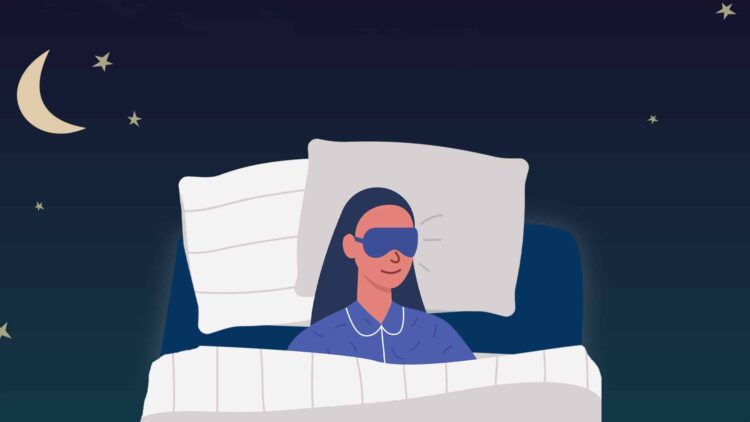The Importance of a Good Night’s Sleep

Sleep is an essential part of our lives. It is a time for our bodies to rest and rejuvenate, allowing us to wake up feeling refreshed and ready to tackle the day ahead. Unfortunately, many people do not get enough sleep, which can have negative effects on their health and well-being. In this article, we will discuss the importance of a good night’s sleep and provide tips for getting the rest you need.
The Benefits of Sleep
Sleep is important for many reasons. It allows our bodies to repair and regenerate, helps us maintain a healthy weight, and improves our mood and cognitive function. When we sleep, our brains consolidate memories and process information, which is why getting enough sleep is crucial for learning and retaining new information. Additionally, sleep helps regulate our hormones, including those that control appetite and metabolism.
The Risks of Sleep Deprivation
When we don’t get enough sleep, we put ourselves at risk for a variety of health problems. Chronic sleep deprivation has been linked to obesity, diabetes, heart disease, and depression. Lack of sleep can also impair our immune system, making us more susceptible to illness. In addition, sleep deprivation can affect our cognitive function, making it difficult to concentrate and remember things.
Tips for Getting a Good Night’s Sleep
If you’re having trouble sleeping, there are several things you can do to improve your chances of getting a good night’s rest. First, establish a regular sleep schedule and stick to it as much as possible. This means going to bed and waking up at the same time every day, even on weekends. You should also create a relaxing bedtime routine that helps you wind down and prepare for sleep. This might include taking a warm bath, reading a book, or listening to calming music.
Avoiding Sleep Disruptors
There are several things that can disrupt our sleep, including caffeine, alcohol, and electronics. Caffeine is a stimulant that can keep us awake, so it’s best to avoid it in the afternoon and evening. Alcohol may help us fall asleep initially, but it can disrupt our sleep later in the night. Electronics emit blue light, which can interfere with our natural sleep-wake cycle, so it’s best to avoid them for at least an hour before bed.
Creating a Sleep-Friendly Environment
Your sleep environment can also affect the quality of your sleep. Make sure your bedroom is cool, dark, and quiet. Use blackout curtains or an eye mask to block out light, and earplugs or a white noise machine to block out noise. Invest in a comfortable mattress and pillows that support your body and help you maintain good posture.
Dealing with Sleep Disorders
If you’re still having trouble sleeping despite making these changes, you may have a sleep disorder. Common sleep disorders include insomnia, sleep apnea, and restless leg syndrome. If you suspect you have a sleep disorder, talk to your doctor. They may recommend a sleep study to diagnose the problem and suggest treatment options.
The Role of Medication
In some cases, medication may be necessary to help you sleep. However, it’s important to use sleep medication only as directed by your doctor. Many sleep medications can be habit-forming and have side effects. Additionally, some medications can interact with other drugs you may be taking, so it’s important to discuss any concerns with your doctor.
The Importance of Consistency
Consistency is key when it comes to getting a good night’s sleep. It’s important to establish healthy sleep habits and stick to them as much as possible. This means going to bed and waking up at the same time every day, even on weekends. It also means creating a relaxing bedtime routine and avoiding sleep disruptors. By making sleep a priority and taking steps to improve your sleep habits, you can enjoy the many benefits of a good night’s rest.
The Bottom Line
Sleep is essential for our health and well-being. It allows our bodies to rest and rejuvenate, helps us maintain a healthy weight, and improves our mood and cognitive function. If you’re having trouble sleeping, there are several things you can do to improve your chances of getting a good night’s rest. Establish a regular sleep schedule, create a relaxing bedtime routine, and avoid sleep disruptors. If you suspect you have a sleep disorder, talk to your doctor. With the right habits and treatment, you can enjoy the many benefits of a good night’s sleep.
